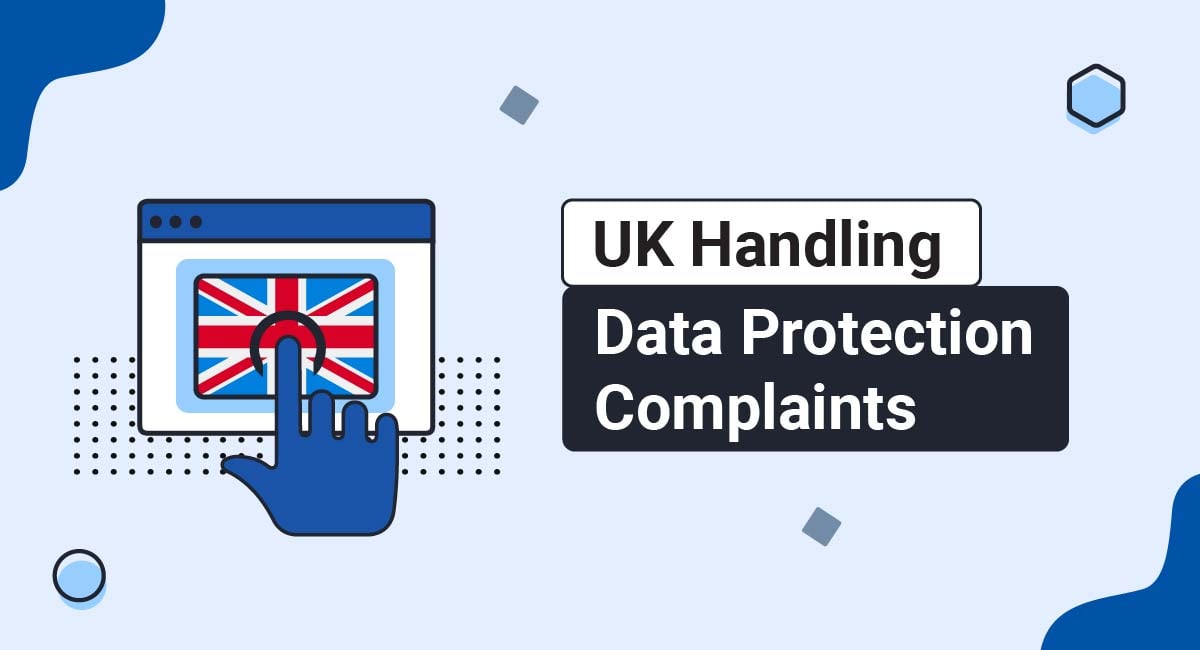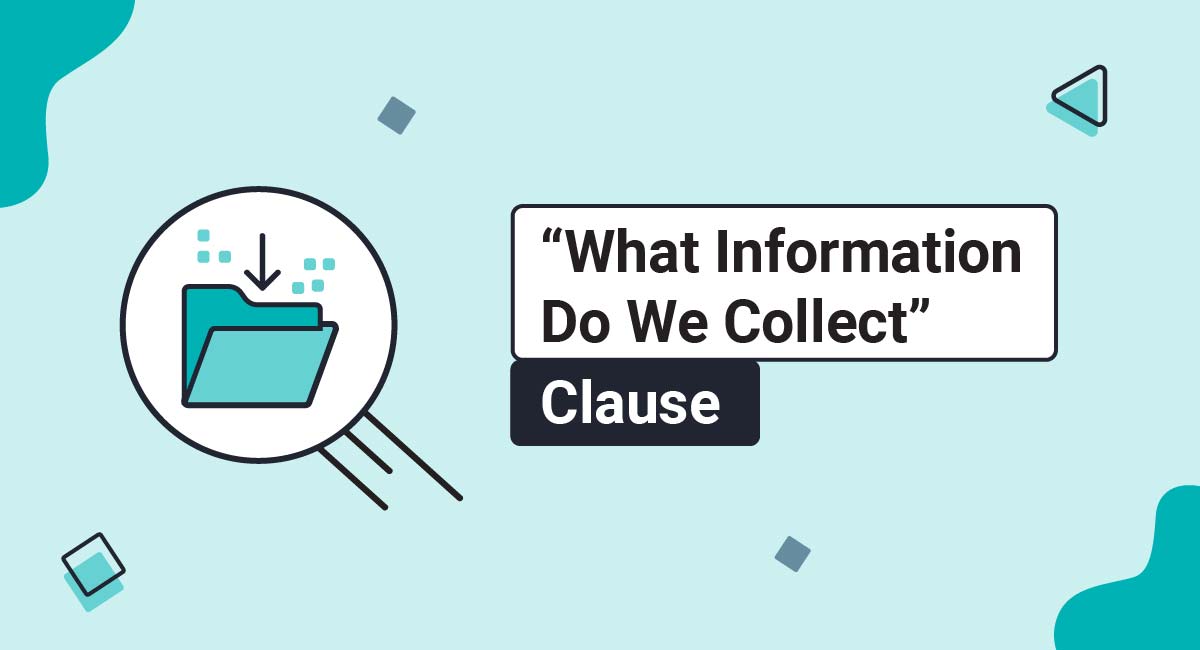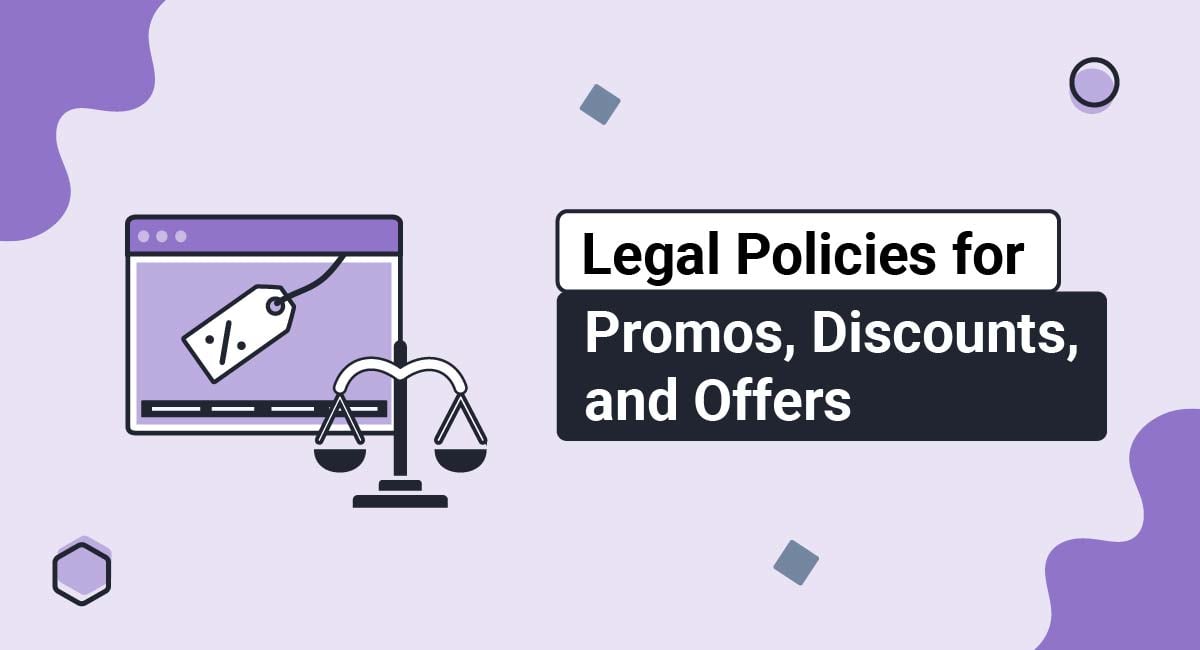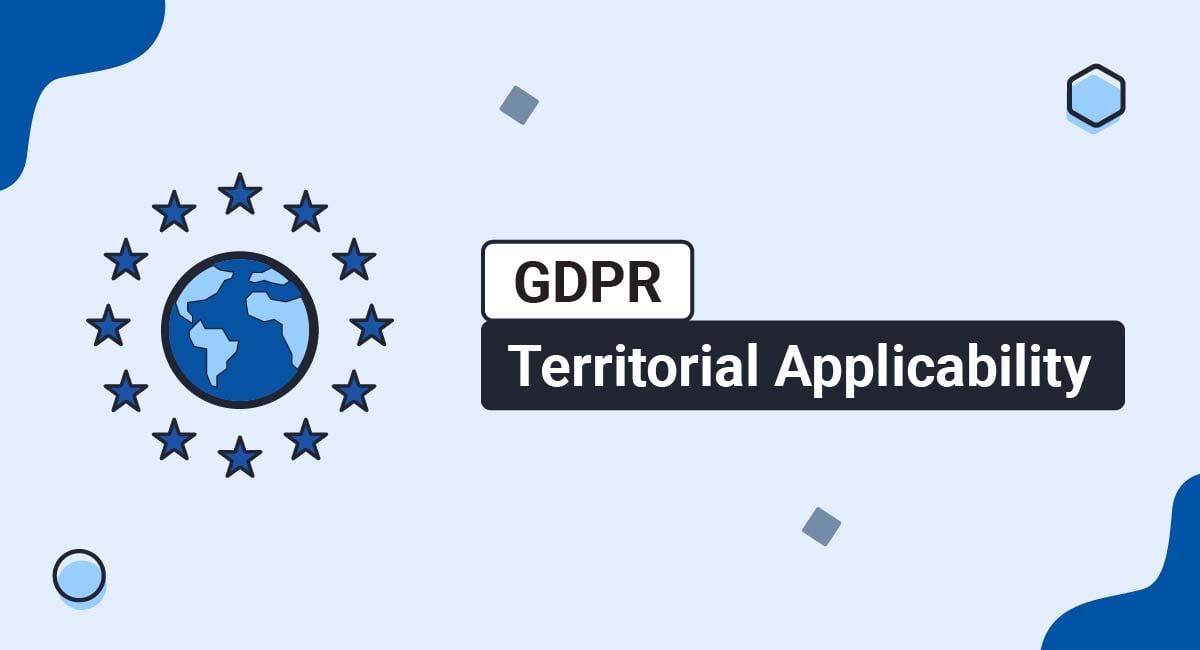Blog - Page 11
Legal articles in easy to understand language.
UK Handling Data Protection Complaints
The United Kingdom's General Data Protection Regulation (UK GDPR) is the UK's main privacy law. Organizations that are required to comply with the UK GDPR must take certain steps to deal with any data protection complaints they receive. This article will explain what the UK GDPR is, who it applies to,...
Medical Disclaimer Template
If you are a medical, healthcare, or fitness-based business, including a medical disclaimer on your website is crucial. Doing so can help you reduce legal liability by clearly communicating the limitations and scope of your information or services. It can also offer important information to your users to help keep...
"What Information Do We Collect" Clause
Any business that collects consumers' personal information should have a comprehensive and clearly written Privacy Policy available on its website and apps. Your Privacy Policy should contain a few essential clauses, including sections about how you collect information, what you do with the information you collect, and a "what information do...
Master Subscription Agreement
Whether your business provides digital or physical subscription products, it's important to make sure that your customers are aware of their rights and the rules they need to follow when using your subscription services. A Master Subscription Agreement can help explain to users what they need to know in order...
Legal Policies for Promos, Discounts, and Offers
Offering promotions, discounts, and other special deals is an effective marketing tactic for attracting new clients to your business. Any time you collect individuals' personal information in exchange for a promotional offer you need to make sure that you are complying with applicable privacy laws, many of which require you...
GDPR Territorial Applicability
The General Data Protection Regulation (GDPR) applies to companies all over the world, not just in the EU. In fact, the law might apply to you even if you don't intend to reach European customers. The GDPR covers organizations in the EU and some other European countries, like the UK. The...





